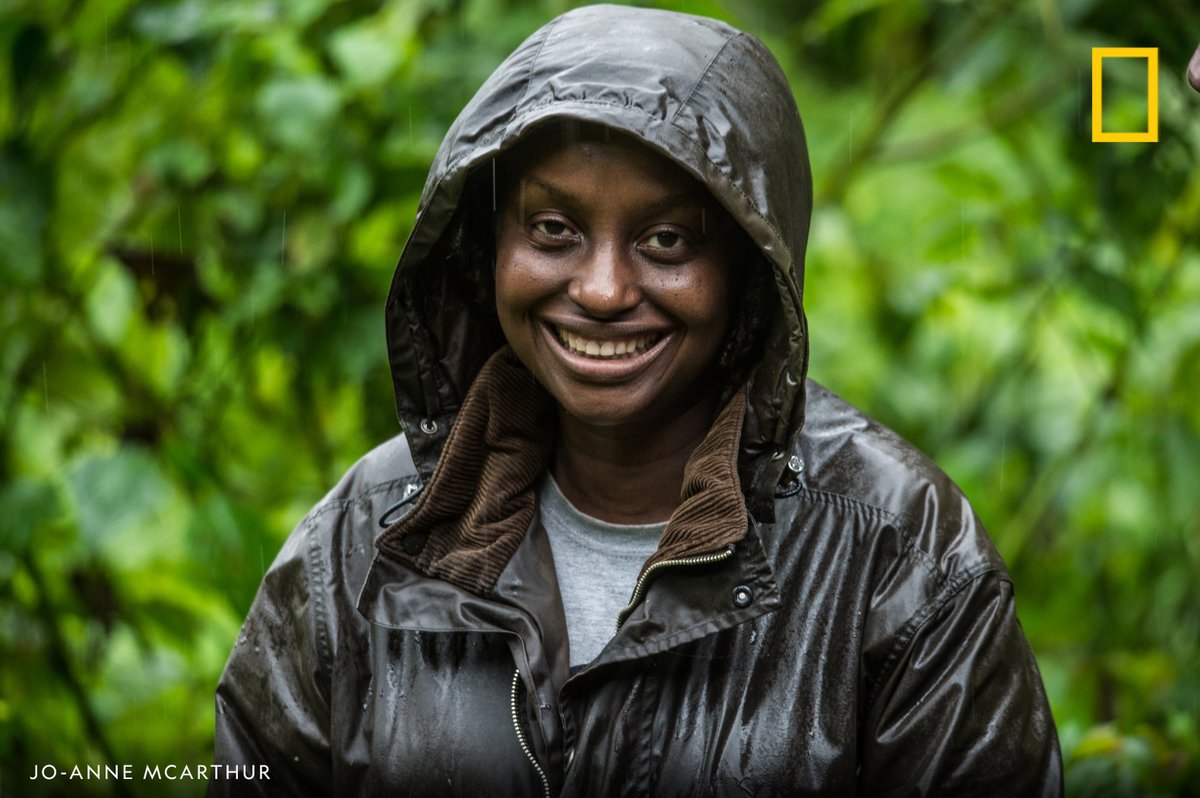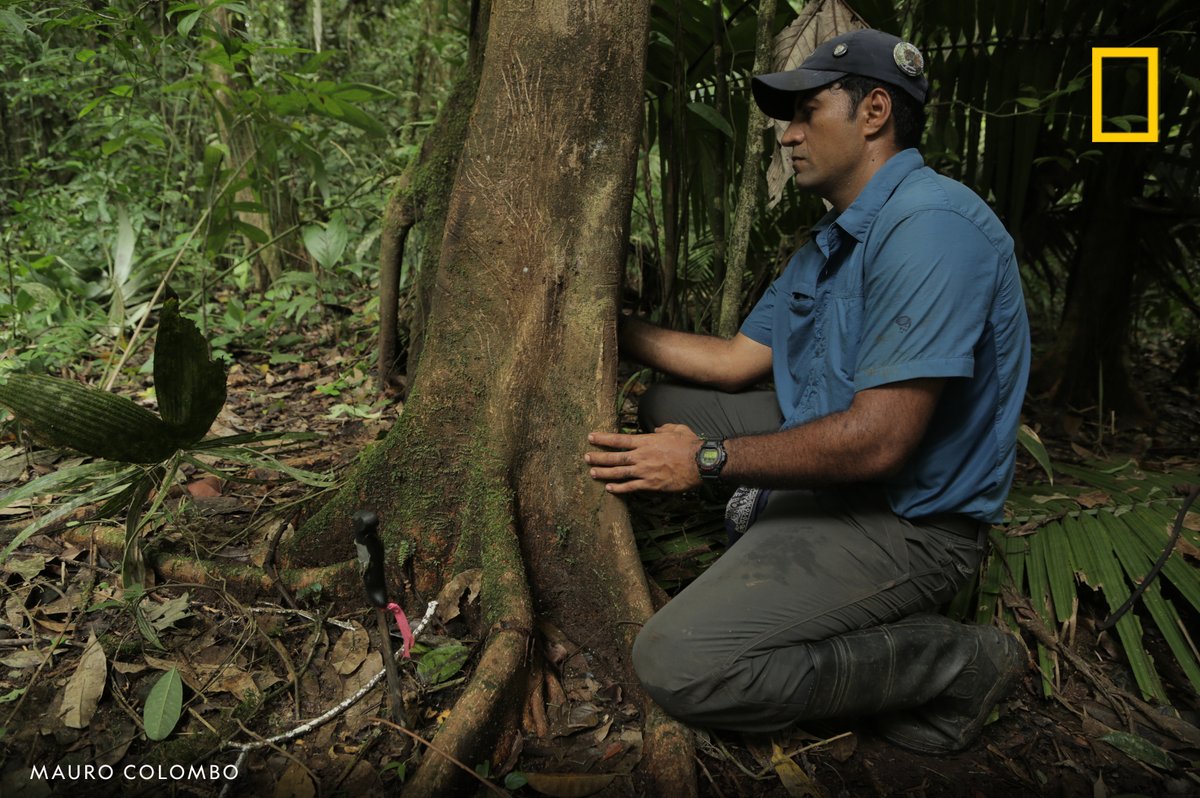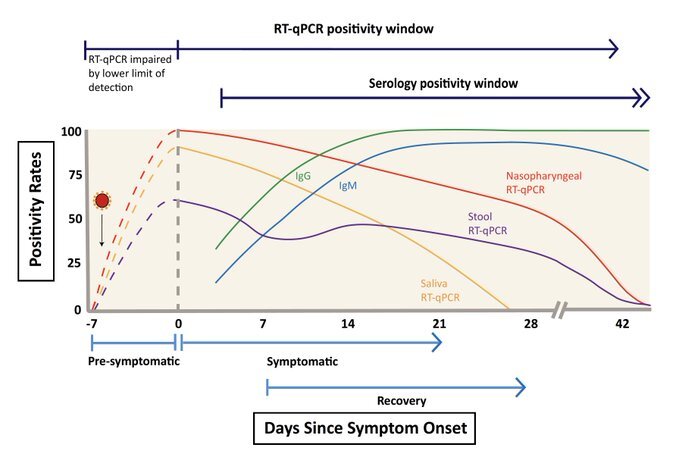
Every Monday throughout #BlackHistoryMonth, we'll be passing the mic to someone from the @NatGeo family who will be highlighting an aspect of history or their work. Today we're hearing from biological anthropologist, @the_carter_show 1/18
#BlackHistoryMonth is a time for celebration! Most often we think of the struggle that our ancestors endured, before acknowledging their bravery, courage, and perseverance. It was these qualities that forged a path (sometimes literally) for African Americans today. 2/18
To escape the harsh labor of picking and processing cotton, enslaved Africans planned revolts and escapes to freedom. 3/18 history.com/topics/black-h…
Can you imagine walking from the deep south—Natchez, Mississippi—to a free colony in the North or even to St. Catharines, Canada? That’s 1,250 miles or 2.5 million steps! 4/18
Cotton was King and the biggest economic boom in the history of the U.S. Before the cotton gin, it took one enslaved African 10 hours to produce 1 pound of clean cotton, which made cotton a not-so-profitable crop to farm. But then... 5/18 pbs.org/wnet/african-a…
...in the 1790s you have the confluence of several factors.
1) America’s crops (like tobacco & rice) were depleting available farmland in the South.
2) Textile industries in Britain and the North were booming driving demand for cotton clothes... 6/18
1) America’s crops (like tobacco & rice) were depleting available farmland in the South.
2) Textile industries in Britain and the North were booming driving demand for cotton clothes... 6/18
3) The invention of the cotton gin. Cotton in Natchez created 50% of all the millionaires in the US. You can learn more about that in this book: goodreads.com/book/show/5089… 7/18
Can you imagine traveling 1000 miles using only the North Star, word of mouth stories or directions braided into your hair to guide you? You have only the clothes on your back and the small amount of food that could fit into your pockets. 8/18 bet.com/news/features/…
You have to rest or sleep in the wilderness with little fire to keep you warm in order to keep from being found. You had no choice but to trust a stranger who may have been a slave catcher disguised as a friend on the Underground Railroad. There are a lucky few who made it! 9/18
Of those who made it to freedom or were liberated by the Emancipation Proclamation we have as a people risen up from nothing. Here are some remarkable peoplewho have and are making a difference in our lives today—notably black women and their impacts: Michelle Obama... 10/18
...Amanda Gorman, Maxine Waters, Rosa Parks, Ida B. Wells... 11/18
...Nupol Kiazolu, Angela Davis, Zora Neale Hurston (HU!)... 12/18 cnn.com/2021/02/06/us/…
Toni Morrison (HU!), Shirley Chisholm, Ta-Nehisi Coates... 13/18
...James Baldwin and Malcom X. 14/18
When people say “Nobody alive today was alive during slavery, or nobody alive today has anything to do with slavery”, I try to paint this picture. All the European descendants of slave owners alive today profited from the institution of slavery no matter the role... 15/18
...from investing in slave ships, insuring slaves as property (Aetna, New York Life), dressing enslaved Africans at auctions so they look good (Brooks Brothers), itemizing the worth of enslaved Africans to use as collateral to borrow against a loan at the bank... 16/18
...banks who compounded this investment and encouraged global participation through the NYSE (JP Morgan Chase, Citibank, Barclays, etc.). These investments are the foundation of the U.S. as a global powerhouse. 17/18
That's it from @the_carter_show! He's a grad student @HowardU's biology dept where his research involves studying soil samples from the NY African Burial Ground to learn about the lives & health of African Americans in NY during the era of slavery: 18/18 nationalgeographic.org/media/soil-sec…
• • •
Missing some Tweet in this thread? You can try to
force a refresh








